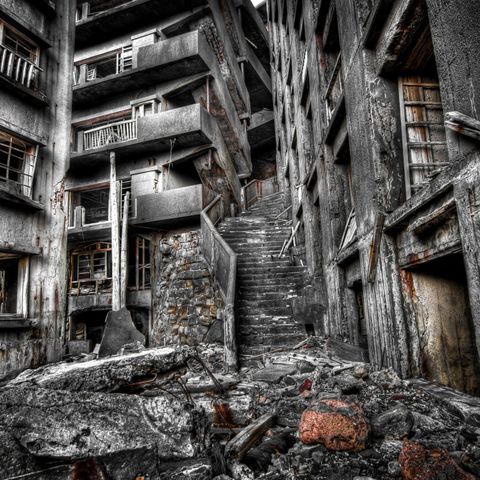
Contatti
Info
We live in spaces made for people who, in relation to society and the human environment in which they live, are in a state of crisis.

1 NOV 2022 · "Yokohama station attracted me because it is a non-place, one of those places where we meet other human beings without creating any relationship, places that must have no history or identity.
"Places such as hospital corridors, doctor’s waiting rooms, public offices, reception areas and also the rooms of certain hotels.
"Generally, entering these non-places requires us to show some sort of identification, sometimes we also asked to pay a ticket to enter. Once inside, we become completely anonymous, indifferent, we enter into a sort of temporal apnea.
Zygmunt Bauman defines them as "spaces devoid of the symbolic expressions of identity, relationships and history", and adds that "never before in the history of the world have non-places occupied so much space".
"They are spaces created to let time pass, where time expands. Michel Foucault defines these spaces of nothingness ‘heterotopias’, in contrast to utopias. They are spaces intended for people who, in relation to society and the human environment in which they live, are in a state of crisis.
"They are places where we will always be out of place. My creation starts from the original track of Yokohama station upon which I have added a series of ‘recommendations to the passengers’ delivered by the Speakers themselves which embody the spirit of such non-places. In this composition, I have tried to use a pace that reflects the rhythm normally used in train station announcements." This podcast was made for Cities and Memory
We live in spaces made for people who, in relation to society and the human environment in which they live, are in a state of crisis.
Informazioni
| Autore | Gianfranco Bitti |
| Organizzazione | Gianfranco Bitti |
| Categorie | Relazioni interpersonali |
| Sito | - |
| gianbitti@tiscali.it |
Copyright 2024 - Spreaker Inc. an iHeartMedia Company
